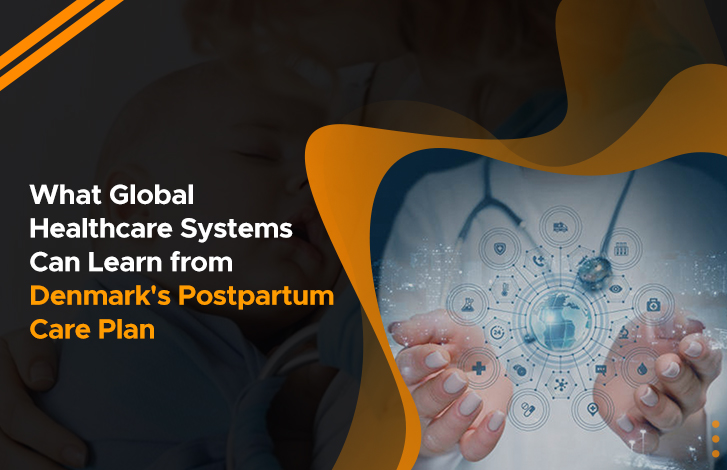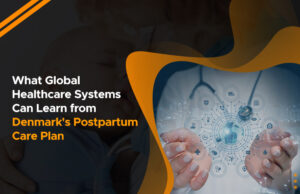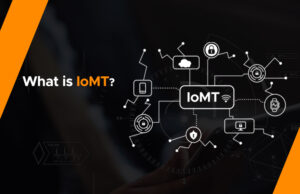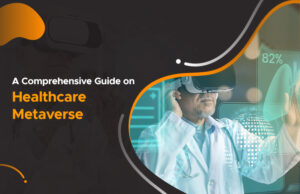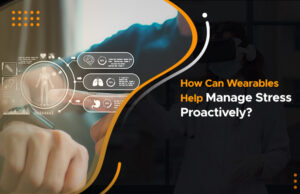Denmark has emerged as a global leader in postpartum care for women, offering a comprehensive and supportive framework that prioritizes the well-being of both the mother and the newborn. While many countries struggle with inadequate postpartum care, Denmark’s approach sets a remarkable example from which other healthcare systems can learn. In this editorial, we will explore the key elements of Denmark’s postpartum care plan and discuss how these practices can be implemented worldwide to improve maternal and child health outcomes.
Denmark’s Holistic Approach to Postpartum Care
Denmark places great importance on supporting mothers in their postpartum journey. One of the standout features of their approach is the provision of routine check-ins. After a new mother is discharged from the hospital, a nurse makes home visits throughout the first year. These visits ensure regular monitoring of the mother and baby’s health and development, providing valuable advice and guidance on various aspects of postpartum care, including appropriate nutrition.
Paid Time-Off for New Parents
Denmark recognizes the importance of allowing new parents ample time to bond with their newborns. Pregnant women are entitled to four weeks of paid time off before the birth and an additional 14 weeks after the birth. Moreover, partners are granted two full weeks of paternity leave to support their families. Beyond these initial periods, both parents can avail of an additional 32 weeks of paid leave, which they can share between them as needed. This approach ensures a smooth transition into parenthood without burdening one parent disproportionately.
Ensuring Accessible Childcare Facilities
Denmark goes a step further by guaranteeing public daycare for all children. This includes well-equipped facilities staffed by trained caretakers who provide proper meals and care for the children. The government shares the financial responsibility, making it easier for Danish mothers to rejoin the workforce when the time is right. By ensuring high-quality daycare options, Denmark supports working parents and promotes healthy child development.
Positive Impact on Maternal and Child Health
Denmark’s postpartum care plan has significantly impacted maternal and child health outcomes. The country boasts one of the lowest maternal mortality rates globally, thanks partly to the continuous monitoring and support provided during the postpartum period. Furthermore, Danish babies have remarkably low colic rates, indicating their overall well-being and the effectiveness of the care they receive. These statistics serve as a testament to the success of Denmark’s approach and highlight the potential benefits for other healthcare systems.
Learning from Denmark’s Success: Implementing Blockchain Technology
To further improve postpartum care globally, healthcare systems can explore the integration of blockchain technology. Blockchain offers a secure and decentralized platform for storing and sharing patient data, ensuring accessibility, privacy, and accuracy. By leveraging blockchain, healthcare providers can streamline communication between stakeholders involved in postpartum care, such as hospitals, home healthcare professionals, and insurers. This enhanced coordination would enable seamless continuity of care and reduce the risk of critical information being overlooked or lost.
Empowering Patients through Personal Health Records
Blockchain-based personal health records (PHRs) can empower patients by giving them control over their healthcare data. PHRs allow individuals to securely access and manage their medical information, including postpartum care records. With PHRs, new mothers can actively participate in their postpartum care by having instant access to their medical records, test results, and treatment plans. This enables them to stay informed about their health status and actively engage with healthcare providers in making decisions regarding their well-being.
Blockchain technology ensures the security and integrity of PHRs, protecting sensitive information from unauthorized access or tampering. It also offers the advantage of interoperability, allowing different healthcare providers to seamlessly share information, ensuring continuity of care even if the patient visits multiple facilities or healthcare professionals.
Moreover, PHRs can be a valuable resource for healthcare researchers and policymakers. Aggregated and anonymized data from PHRs can be used to identify patterns, trends, and best practices in postpartum care. This knowledge can then be utilized to develop evidence-based guidelines and interventions, ultimately improving the quality and effectiveness of postpartum care globally.
Overcoming Challenges and Ensuring Adoption
Implementing blockchain technology in postpartum care does come with certain challenges. A major concern is the protection and confidentiality of information. However, blockchain’s inherent features, such as encryption and decentralized storage, provide a robust solution to address these concerns. Additionally, strict regulations and governance frameworks can be implemented to ensure compliance with privacy standards and protect patient information.
Another challenge is fostering collaboration among different stakeholders. Healthcare providers, technology developers, policymakers, and regulatory bodies must collaborate to establish standards and guidelines for implementing blockchain in postpartum care. Collaboration can help address interoperability issues, define data-sharing protocols, and ensure that the technology meets the specific needs of postpartum care.
The Future of Postpartum Care
Denmark’s postpartum care plan has set a high standard for countries worldwide. By incorporating routine check-ins, paid time off, and accessible childcare, Denmark has prioritized the well-being of mothers and their newborns. However, to truly revolutionize postpartum care globally, the integration of blockchain technology can play a pivotal role.
Blockchain can enhance efficiency, security, and patient empowerment in postpartum care. Through blockchain-based PHRs, patients can actively participate in their care, while healthcare providers can ensure seamless coordination and access to accurate and up-to-date information. Collaboration among stakeholders and the developing of robust regulatory frameworks will be essential to implement blockchain in postpartum care successfully.
As countries strive to improve their healthcare systems, Denmark’s postpartum care plan is a shining example. By adopting similar approaches and leveraging blockchain technology, global healthcare systems can provide comprehensive and supportive postpartum care, ultimately improving maternal and child health outcomes. It is time to learn from Denmark’s success and embrace innovation to create a brighter and healthier future for mothers and newborns worldwide.
Conclusion
Denmark’s postpartum care plan stands out as a model from which other countries can learn. The provision of routine check-ins, generous paid time-off, and guaranteed public daycare showcase Denmark’s commitment to the well-being of mothers and their children. By incorporating blockchain technology, healthcare systems can enhance efficiency, security, and patient engagement in postpartum care. Stakeholders must collaborate and overcome challenges to realize the potential of blockchain in revolutionizing global postpartum care. Let Denmark’s success be an inspiration to create a world where every new mother receives the care and support she deserves.

